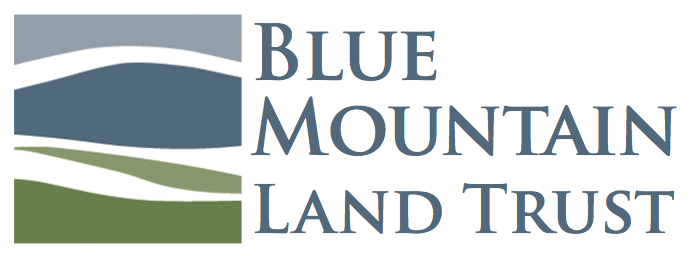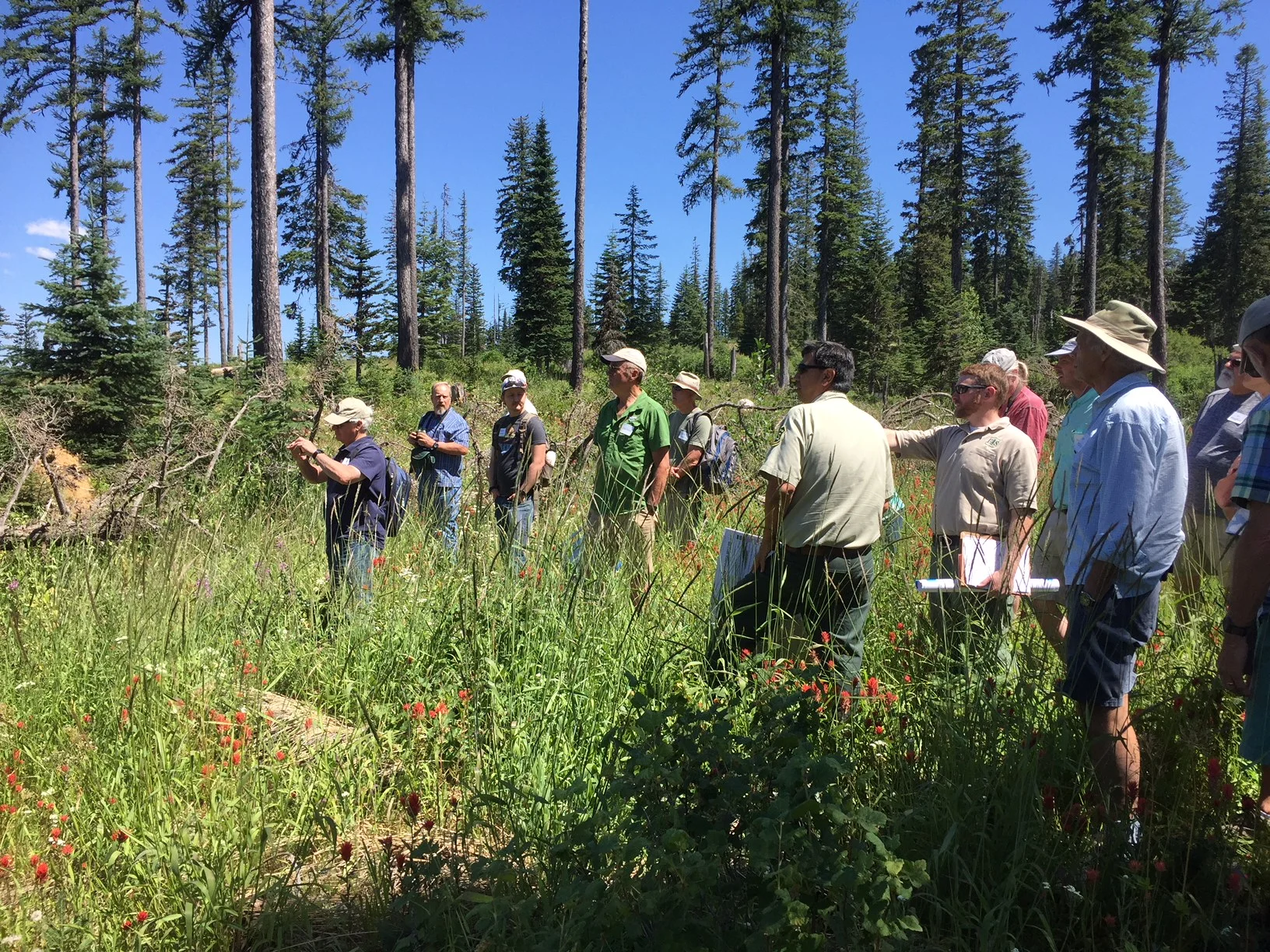By Tim Copeland, Executive Director
This year’s Learning on the Land series wrapped up on Saturday, October 28 with over 350 children attending Nature Kids: Birds, Bugs and Bats – Oh My! at the Walla Walla Public Library.
Nature Kids was the 24th Learning on the Land event we hosted this season. It began in April with the Wild & Scenic Film Festival and included nearly one event every week until the season ended. The series set record attendance – 1,700 guests including roughly 900 children – and provided them with many exciting opportunities to explore the extraordinary natural resources of the Blue Mountains. Since 2015, Learning on the Land has attracted over 3,000 guests.
While we receive many accolades for our education programs, some friends ask us why we produce them. “Wouldn’t you be able to do more conservation work if you invested less time and resources in education?”
It’s a fair question and here’s the counterintuitive answer: Providing high-quality natural resources education and outdoor recreation opportunities greatly enhances the resources we generate to invest in conservation.
Conservation is exciting and important work. But no five-year old kid playing in a sandbox ever said “when I grow-up, I’m going to be a conservationist.” Maybe a fireman or an astronaut. But not John Muir.
Most people embrace conservation only after they develop a love of nature. When people enjoy nature through recreation and understand nature through education, then they become conservationists. That’s exactly why we champion Learning on the Land, other natural resources’ education programs, and outdoor recreation.
Our strategy has been validated by the Land Trust Alliance, the national association of over 1,700 land trusts. The Alliance recognizes that while most land trusts focus very intently on thousands of conservation projects, few people in their communities understand or appreciate the great work they accomplish.
Since 2016, the Alliance has encouraged its member land trusts to engage their communities with programs beyond conservation. Unless they do that, land trusts will become less relevant to their neighbors. The Alliance now advises land trusts to provide programming in natural resources education, outdoor recreation, health and recreation, agricultural and food systems sustainability, and more.
When we learned of the Alliance’s initiative, we were thrilled. It was in complete alignment with our thinking and encouraged us to strengthen our education and recreation programs.
It has been gratifying to see a number of Pacific Northwest land trusts launch programs similar to Learning on the Land. We’ve been happy to help a number of them get off the ground with program selection, marketing, presentation and funding advice.
The Blue Mountain Land Trust is now engaged in the most energetic conservation work in our history. We currently have conservation projects underway in Walla Walla County, Columbia County, Umatilla County and the John Day basin that, collectively, are five times larger than all of our current conservation easements combined. Projects now in process total over 20,000 acres compared to the 4,000 acres of our completed easements. This is unprecedented.
We’ve come to this point, in part, because we have many more friends and supporters of our conservation work than we did three years ago. We developed this much larger group of friends primarily through Learning on the Land.
So, when someone asks what our land trust does, we answer “Conservation, education, and recreation.”
Which element is most important? All of them. And it doesn’t matter because they don’t compete with each other - they are mutually supportive. These components form a perfect example of a virtuous circle: a chain of actions that have beneficial results through a feedback loop. When one element becomes stronger, so do the others.
That’s why we want to expand our education programs, both in content and in geographical reach. Adding the Blue Mountain Outdoor School and Nature Kids to Learning on the Land, will broaden our education programming considerably. Bringing these programs to John Day, Pendleton, Clarkston and other towns in our service area will help fulfill our commitments to these communities.
Similarly, we want to enhance our work in outdoor recreation, health, agriculture and sustainable food systems.
All of these initiatives, we believe, will lead to even stronger and more robust conservation work in an expanding service area. We hope you’ll join and support us in meeting these exciting challenges and opportunities.

